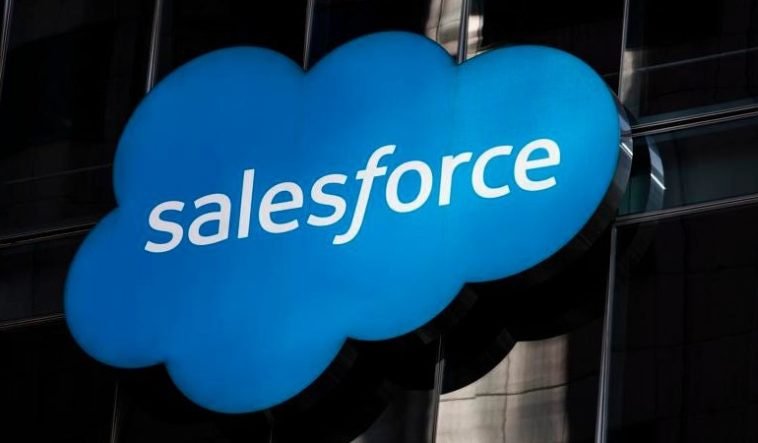With the OpenAI large language model, customers can swap it out for any public or private language model they choose. As part of its customer relationship management (CRM) offering, Salesforce has announced the launch of EinsteinGPT, a new generative AI product that the company says will be contextually aware and available across its application suite, including the Slack platform, Tableau, and its customer relationship management (CRM) platform. As part of this solution, it uses the existing Salesforce AI models. It combines them with the GPT-3.5 large language model from OpenAI, which is also the AI model that powers Microsoft’s latest CRM AI offering, Dynamics 365 Copilot.
A company announcing EinsteinGPT plans to open up the platform to work with any large language model, allowing customers to bring their choice of technology to the platform, delivering AI-generated content across sales, service, marketing, commerce and IT at scale. Salesforce claims that EinsteinGPT will always involve a human in the process when it comes to the creation of EinsteinGPT-generated content, so there is no possibility of mistakes or misinformation occurring when using other generative AI tools. In addition, before generating messages, publishing reports, or sharing information, the generated messages must be approved by a human.
The new generative AI tool was announced at the Trailblazer DX developer conference, and it has been designed to be compatible with every Salesforce cloud platform. Using this tool, you can deliver personalized emails to your customers that pull in live sales data, weather data, and other data and tailor responses to the individual customer’s needs without requiring human input or intervention. The tool can also be used to answer customer queries based on real data from company datasets. It is restricted to training on company-specific datasets only available to the company.
Based on Einstein AI models that were first introduced in 2016, as well as the Data Cloud that was launched last year to unify a company’s customer data, the Data Cloud will be able to either connect existing data to OpenAI’s models “out of the box” or allow a business to use its proprietary model. As part of this feature, employees can access natural language prompts to direct the Salesforce CRM how they need. EinsteinGPT offers access to live customer data from Data Cloud and other approved sources, unlike ChatGPT and associated public tools, which are limited to data produced after 2021 and before.
As real-time technologies and generative AI advance, the world is undergoing one of its most profound technological shifts. Every company strives to connect with its customers in a more intelligent, automated, and personalized way during this pivotal time, said Marc Benioff, CEO of Salesforce. We are opening the door to an AI future for all our customers by using Einstein GPT and our Data Cloud and integrating with Tableau, MuleSoft, and Slack. We will integrate with OpenAI at launch. According to the company during a press conference, there would be a direct feedback loop between the company and OpenAI because the Microsoft-backed start-up uses Salesforce products in its go-to-market solutions, including creating a commercial version of ChatGPT. The OpenAI company uses Slack, a corporate messaging tool owned by Salesforce, and has developed a ChatGPT bot that will be made available to the general public shortly.


